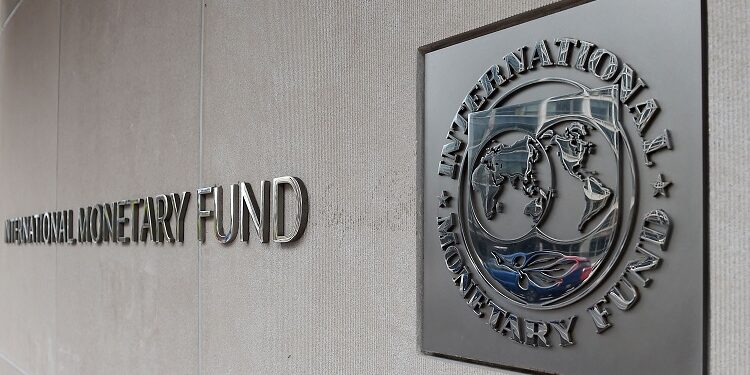The International Monetary Fund (IMF) has said Nigeria and other countries that launched Central Bank Digital Currency (CBDC) may witness cash shortage as they push for increased adoption of the payment option.
The CBDC has been launched in Nigeria, Bahamas, Canada, China, Sweden, and Uruguay.
Nigerian banks had in December 2021 and early January faced cash crunch at some of their branches in Lagos, Abuja and Port Harcourt. Customers were denied access to cash at such branches, leading to long queues.
In a report obtained at the weekend, the IMF stated that access to payments through CBDC may trigger multiple hurdles, including shortage of cash, firms’ refusal to accept cash, and lack of or recurring disturbances of digital infrastructure.
The report titled: “Behind the Scenes of Central Bank Digital Currency-Emerging Trends, Insights, and Policy Lessons” noted that if cash availability falls beneath a certain level, some groups might experience difficulties in making payments.
According to the report, these groups include individuals in remote areas where private firms find it unprofitable to operate, with low income, and with different forms of impairments.
The report advised that a potential CBDC could hence be designed with universal access in mind noting that in countries in which cash usage is dwindling, access to payment is also a key concern as some segments of the population still rely on, or prefer, making cash payments, but may run into limitations.
The Central Bank of Nigeria (CBN) digital currency, e-Naira, was launched in 2021 October by President Muhammadu Buhari in Abuja. It was estimated that the adoption of e-Naira and its underlying technology, called blockchain, can increase Nigeria’s Gross Domestic Product by $29 billion over the next 10 years, among other benefits.










